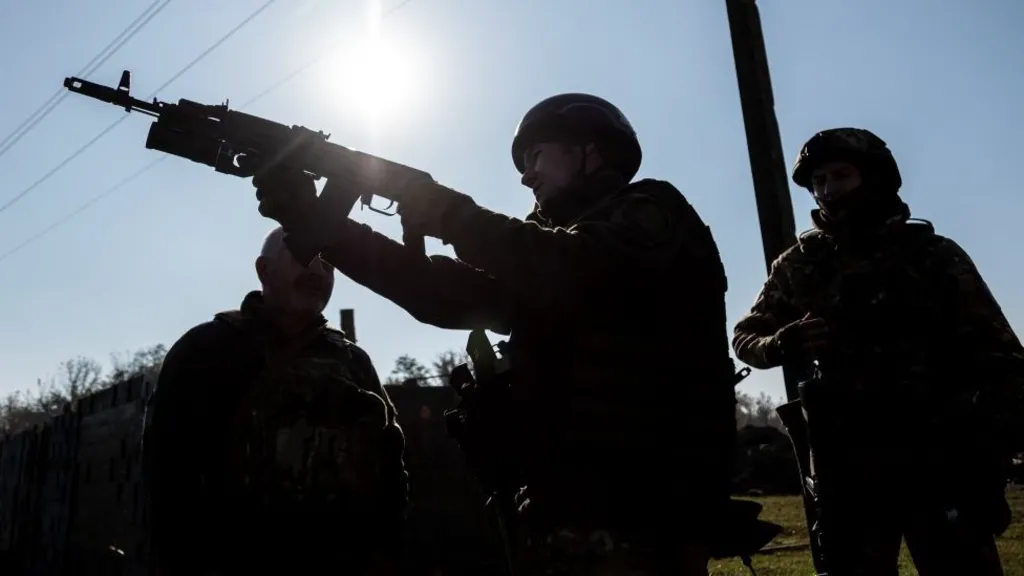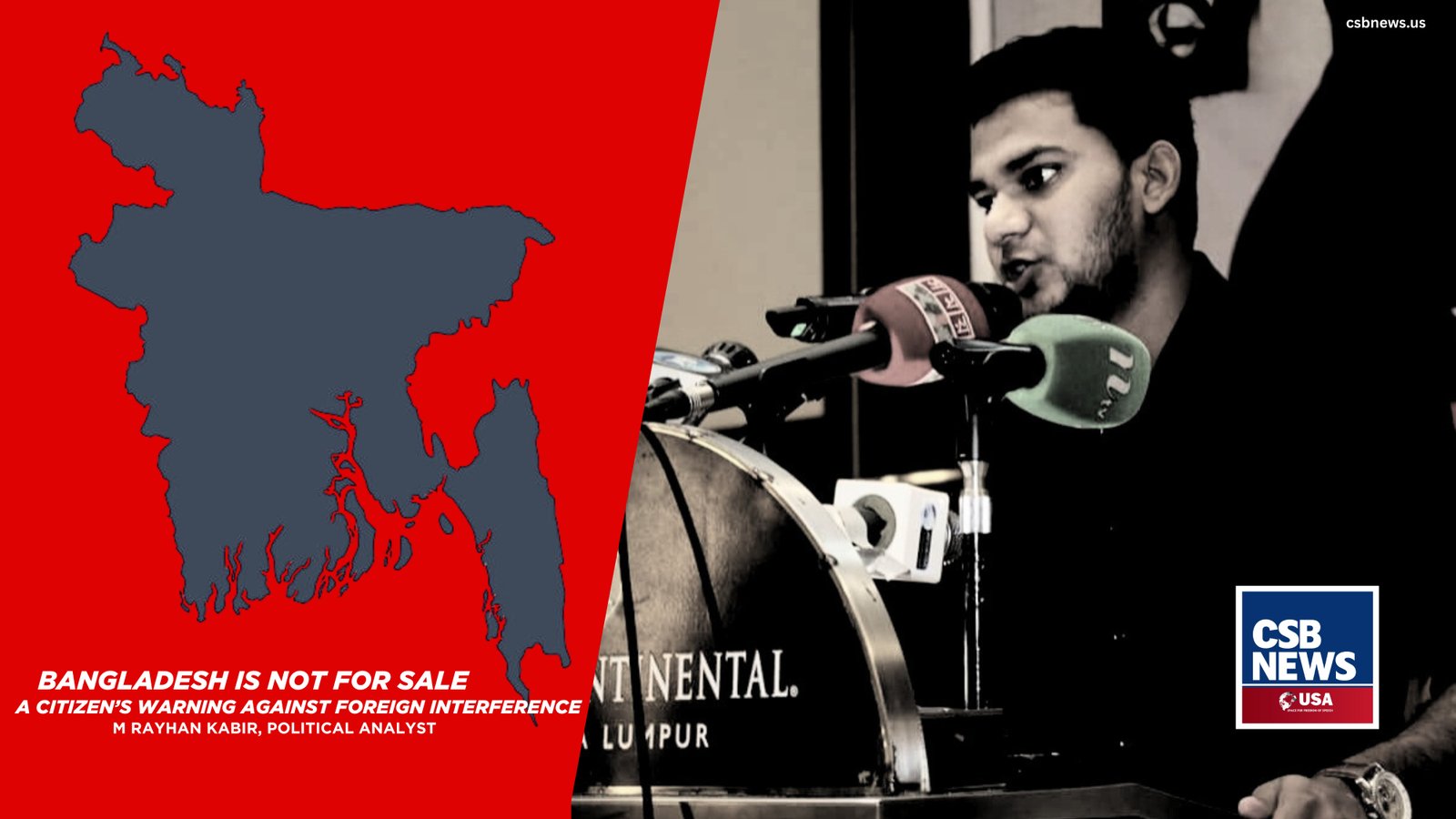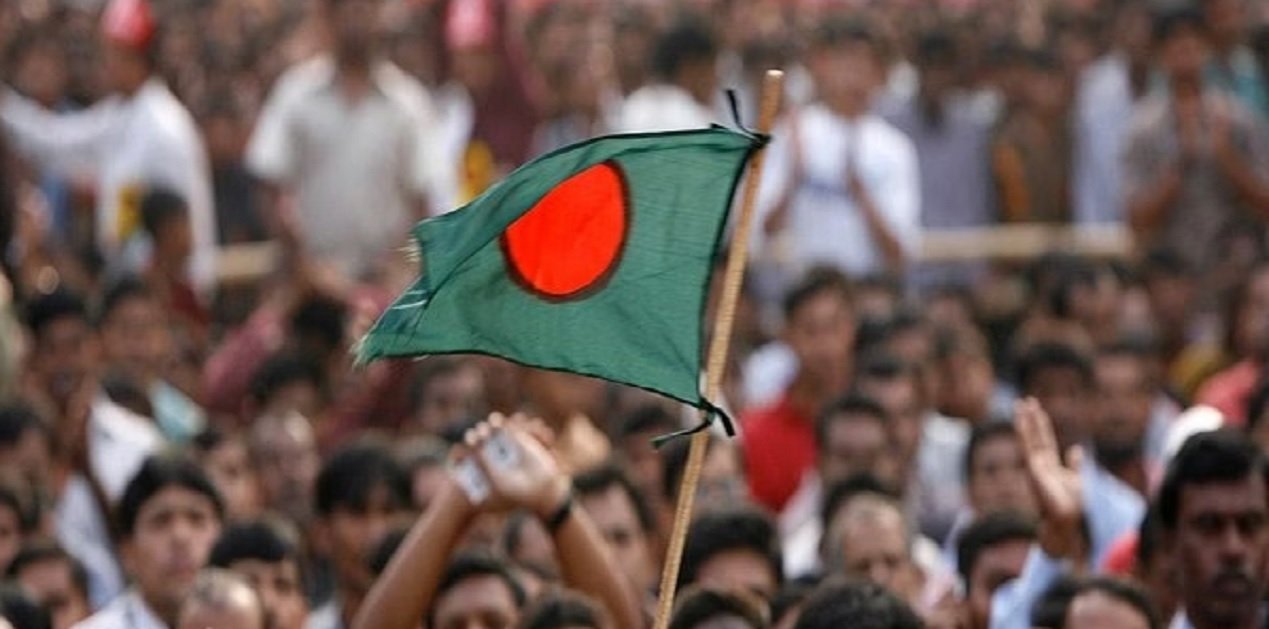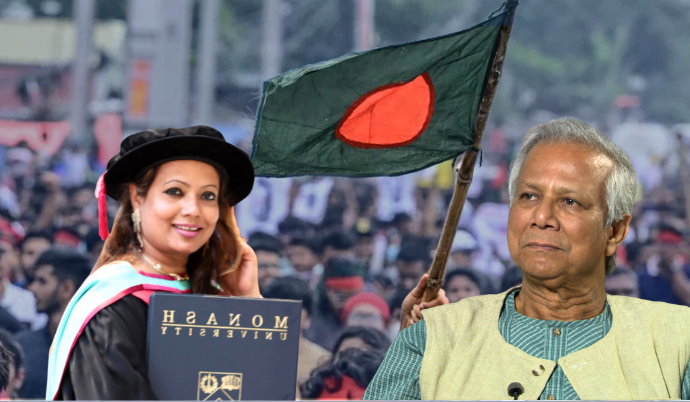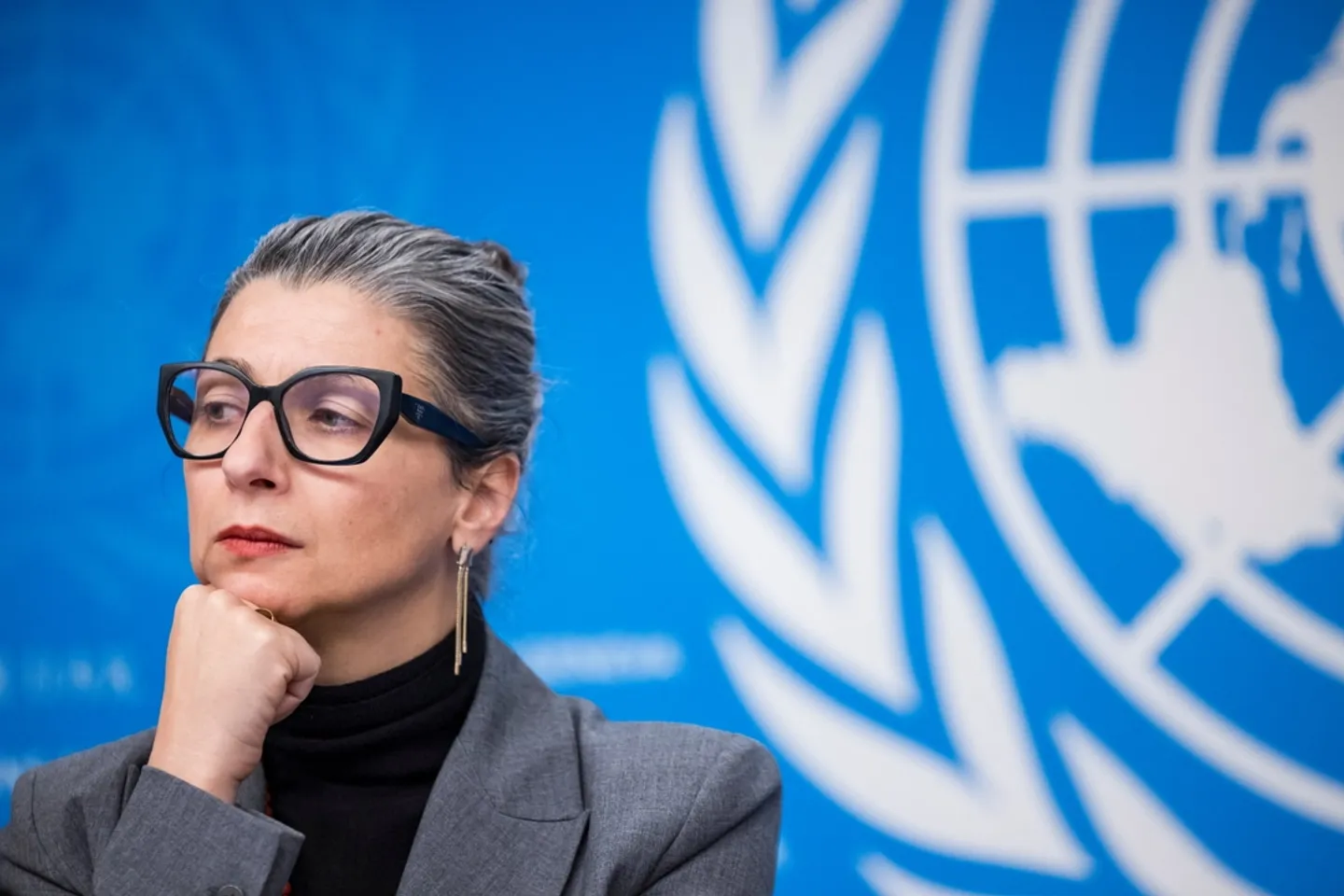They Left Dhaka With Hope, Landed in Ukraine With Guns
The evidence is undeniable. Russian visas clearly list Sinopec Engineering Group Russia LLC as the employer. A Sinopec site ID card sits in one case file. A Russian enlistment contract signed by a Bangladeshi worker lies in another. Dog tags photographed by families show serials from the same batch, proof the men were processed together. Approval memos from Bangladesh’s own ministry confirm that more than 1,100 workers were cleared to travel under Sinopec’s name. The system was not bypassed — it was complicit.
They Left Dhaka With Hope, Landed in Ukraine With Guns
The phone rings in a village home and for a moment there is relief. A son is alive on the other end. But his words pour out in panic: there is no job, no money, his passport has been taken. Strangers in uniform pushed a contract in Russian across a table, then handed him a rifle. A family that borrowed and begged for his journey listens in horror, unable to do anything as the line goes dead. Sometimes it never reconnects.
These young men were not irregular migrants. They were not running from the system; they walked straight through it. Every step was legal, every stamp official. They secured clearances from the Bureau of Manpower, Employment and Training. They carried smart cards, training certificates, visas issued by Russia, contracts printed with the name of Sinopec Engineering Group Russia LLC. Their families proudly saw them off at Dhaka airport, convinced that official paperwork meant protection. Instead, the paperwork became the trap.
From Recruitment to Betrayal
The deception begins at home. Villagers are approached by recruiters who speak of Sinopec, a name big enough to inspire confidence. They promise oil-and-gas money, safe jobs in construction, salaries in dollars. The price is catastrophic for rural families: four to seven lakh taka, sometimes more. Land is sold, jewellery pawned, loans taken. Travel itineraries look clean, everything stamped and sealed. Mothers give tearful blessings as their sons board planes.
Russia is where the scaffolding collapses. The promised job sites are closed, delayed, or entirely imaginary. Workers are left in cramped apartments, told to wait. Their passports are seized “for processing.” Wages never arrive. Days stretch into weeks of hunger and fear. This phase of engineered despair creates the opening for traffickers. A fixer appears with an offer: another company, a better site, faster permits. But the meeting place is never an office. It is a metro stop, a car park, a road that runs into a forest. Phones and documents are confiscated. Uniformed men arrive. From then on, the path is coercion.
Some workers are pressed to sign enlistment papers they cannot read. Others are beaten until they comply. Some are told enlistment is their only way to avoid detention. A few are given basic training; others are moved straight to the front. The next images families see show their sons in combat gear, weapons slung across shoulders, faces grey with shock. Some never send images at all. They simply vanish.
Evidence in Plain Sight
The evidence is undeniable. Russian visas clearly list Sinopec Engineering Group Russia LLC as the employer. A Sinopec site ID card sits in one case file. A Russian enlistment contract signed by a Bangladeshi worker lies in another. Dog tags photographed by families show serials from the same batch, proof the men were processed together. Approval memos from Bangladesh’s own ministry confirm that more than 1,100 workers were cleared to travel under Sinopec’s name. The system was not bypassed — it was complicit.
Sinopec’s Global Shadow
This is where the story widens. Sinopec is not a minor recruiter. It is China’s largest oil refiner, a state-owned behemoth. And it is not just Bangladesh where questions are raised. In October 2023, Ukraine’s National Agency on Corruption Prevention (NACP) officially designated Sinopec, alongside fellow giants CNPC and CNOOC, as “international sponsors of war”, citing their joint ventures with Russian companies that provide tax revenues to Moscow’s military-industrial complex (Politico; SCMP).
These were not fringe allegations but official designations by a sovereign state directly affected by the war. At minimum, Sinopec’s brand was used as bait. At worst, its channels directly enabled the diversion. In either case, Bangladesh had an elevated duty of care before approving mass recruitment to Sinopec in Russia. That duty was not met.
Families in Limbo
The names we must say make the cost real. Ayan Mondol is believed to have died in Ukraine; his mother still keeps his sandals by the door. The last photos of Amit Barua show him in uniform before he disappeared. Nine families gathered in a Dhaka migration centre clutching Sinopec visas and BMET clearances, begging for help from the Foreign Ministry. Dozens more live in limbo, wondering if the last call they received will remain the last. They did not ask for riches, only the dignity of safe work abroad. Instead, they were sent to their deaths.
A Systemic Betrayal
This is not smuggling. It is trafficking in its purest form — deception, abuse of vulnerability, coercion for exploitation. The legality of the paperwork was the mask. It lulled families into trust. It provided traffickers with credibility. It turned approval stamps into weapons. When the state’s own documents became part of the trap, the betrayal deepened.
Bangladesh cannot avoid its responsibility. Why did BMET grant approvals at scale to a company already under international suspicion? What due diligence did the mission in Russia conduct before attesting employer letters? Why has the Foreign Ministry not acted decisively on rescue petitions filed by desperate families? Every payment to an agent left a trace. Every number used by recruiters can be traced. Silence in the face of this evidence is not bureaucracy; it is complicity.
Not Just Bangladesh
The global pattern shows this is not isolated. Migrants from Central Asia and Africa have been coerced into Russia’s military under similar schemes. Russia has built a shadow army of foreigners and convicts. But for Bangladesh, the wound is deeper because the deception carried the state’s signature. The system meant to safeguard its citizens became the pipeline that delivered them to war.
The Way Forward
The way forward is not abstract. Rescue must come first. That requires urgent coordination through the Foreign Ministry, embassies, and humanitarian partners to extract Bangladeshis trapped in war. Families must be given a single point of contact and honest updates, even when the truth is unbearable. Accountability must follow. Recruitment to high-risk employers must be frozen and re-verified. Agencies implicated in diversions must lose their licences and face prosecution under trafficking laws. Airport and immigration officers must be equipped to flag Russia-bound cohorts linked to risky employers. These are not extraordinary demands. They are the bare minimum of responsibility.
Sinopec too owes answers. Were invitation letters issued under its name? Who handled recruitment? What oversight existed? If its brand was abused, what is it doing to stop that abuse and assist the victims? Families now hold Sinopec papers in one hand and their sons’ dog tags in the other. That contradiction must be resolved.
Human Loss Beyond Policy
Beyond policy and blame lies the ledger of human loss. A wife replays a video clip to hear her husband laugh. A father reads a final text that promised money which never came. A mother answers every unknown call, praying to hear her son’s voice rather than the sound of artillery in the background.
This is not migration. It is betrayal, carried out under official seals. Until truth is spoken, until sons come home, until responsibility is faced, these are not a string of tragedies. They are the product of a system. And that system is ours to dismantle.


